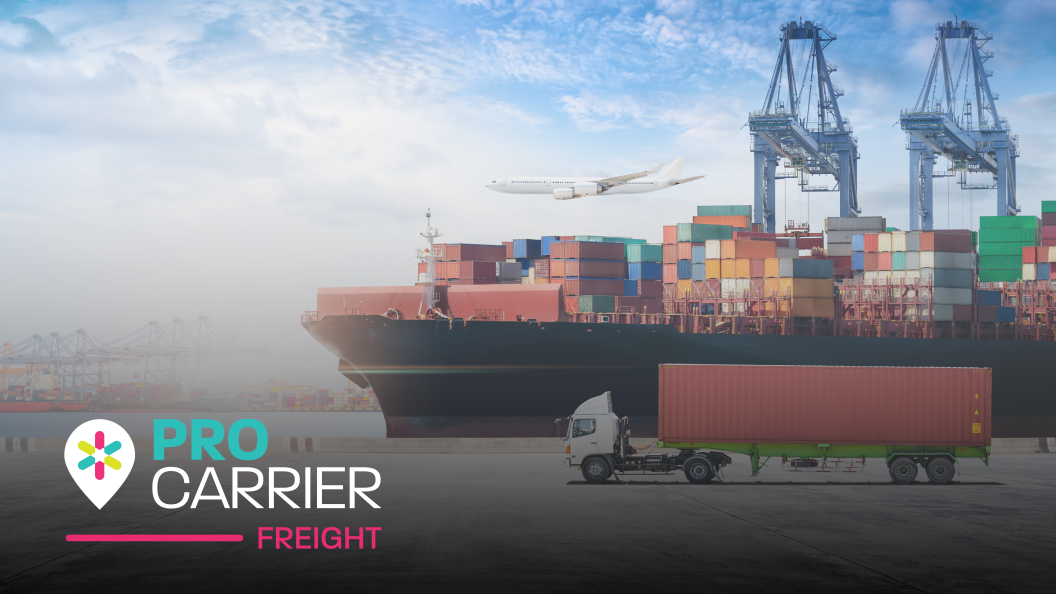Topic of the Week – De Minimis Exemption Elimination to Impact Ecommerce Supply Chains
The de minimis exemption, a long-standing trade tool that allowed sub-$800 imports to enter the US duty and tax-free, has been eliminated. This change is expected to pose significant challenges for eCommerce supply chains, particularly during the peak season. The exemption's sudden elimination has caught many importers off guard, leaving them scrambling to adjust their operations.
The elimination of the de minimis exemption will result in higher import costs for US-destined items. Without the exemption, low-cost imports will be subject to all applicable duties, including tariffs installed by the Trump administration. This will add significant costs to importers, who will need to absorb these expenses or pass them on to consumers. The international postal network is exempt from this change, but postal packages will be assessed a duty equal to International Emergency Economic Powers Act tariffs or an $80-to-$200 fee based on the IEEPA rate.
The added costs associated with the de minimis exemption's end will likely be passed on to consumers. Online shoppers accustomed to low prices may be deterred by the increased costs, potentially leading to a decline in sales. Retailers may need to consider alternative pricing strategies or pass the costs on to consumers. This could lead to a shift in consumer behaviour, with some opting for brick-and-mortar stores or alternative online retailers.
The increased scrutiny of imports will lead to shipping delays and compliance issues for many importers. Customs and Border Protection will process a wave of formerly de minimis shipments through more stringent entry procedures, which may lead to delays. Smaller shippers may struggle to comply with formal entries, which require detailed commercial invoices, a customs bond, and more. This could lead to headaches and hiccups for unprepared businesses, particularly during the peak season rush.
To mitigate the impacts of the de minimis exemption's end, shippers should consider bulk imports to domestic warehouses. This approach will likely be more efficient than individual shipments for many eCommerce brands. However, bulk importing will present new inventory planning considerations for formerly de minimis-centric brands, as they will need to ensure the goods they're bringing in larger quantities have enough appeal to sell quickly and not clog up warehouses.
In the long term, many shippers are considering US-based fulfilment options to avoid paying tariffs. This could lead to a shift in the eCommerce landscape, with more brands opting for domestic fulfilment centres. Importers will need to adapt to these changes and develop new strategies to mitigate the impacts of the de minimis exemption's end.
eCommerce Market Stats
See some statistics relating to this week’s topics in the eCommerce market below.
De Minimis exemption elimination eCommerce stats
- 30% of US imports were duty-free under the $800 exemption threshold.
- The US eCommerce market is projected to reach $1.3 trillion by 2025, with an estimated 300 million online shoppers, and the elimination of the de minimis exemption could impact up to 20% of these sales.
- 71% of retailers expect shipping delays to increase due to the exemption's elimination.
- 64% of online shoppers consider price the most important factor when making a purchase.
- 15% annual growth expected in demand for US-based fulfillment centers from 2020 to 2025.
That’s all for this week…
If you would like to read more industry related news and insights, check out our articles below, or get in touch to discuss our services!



